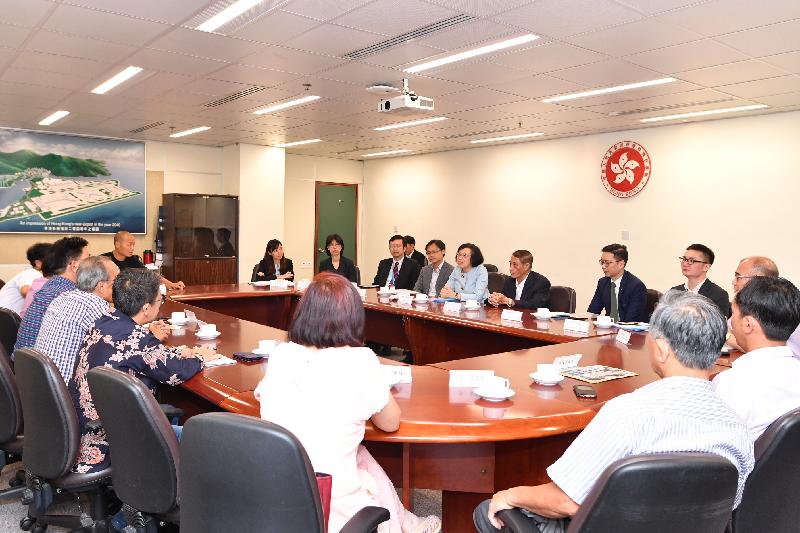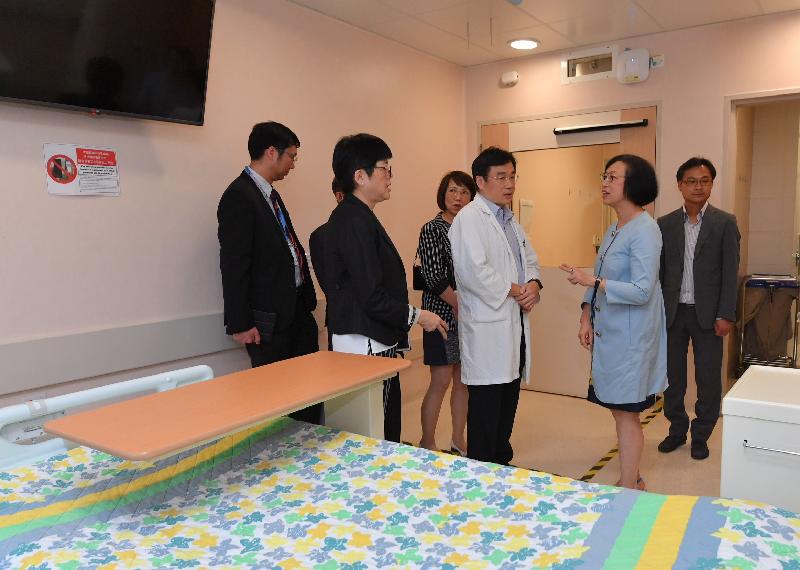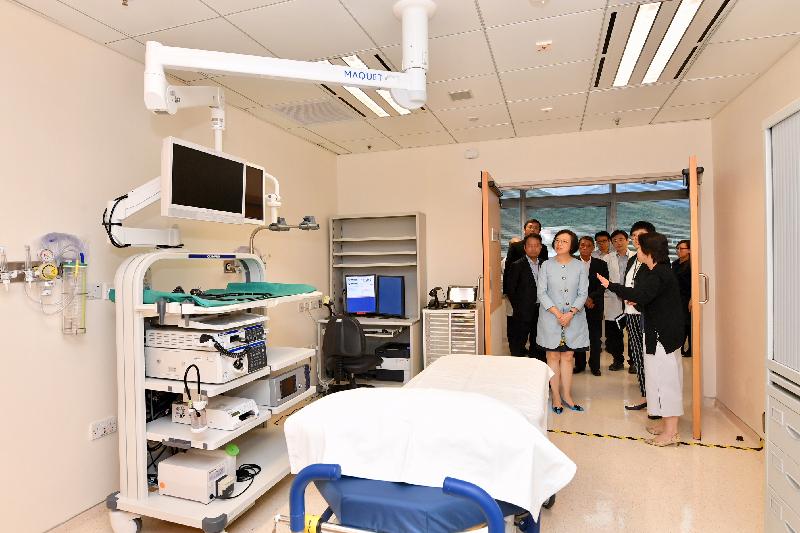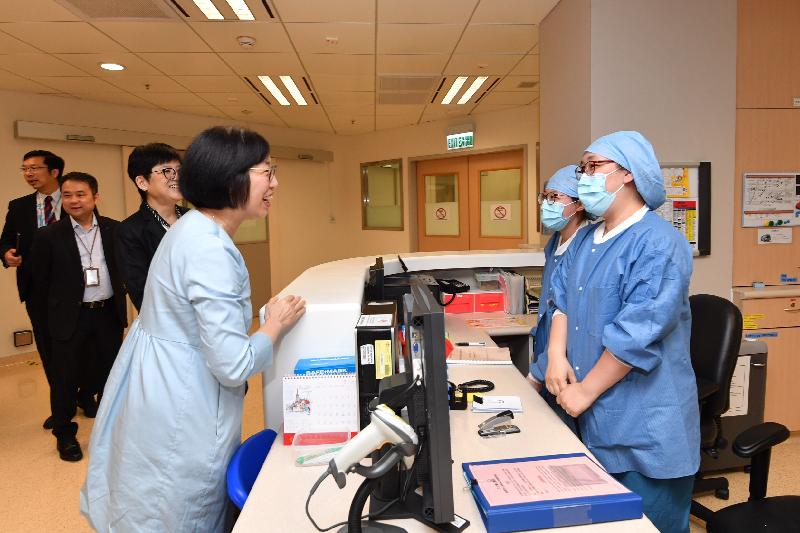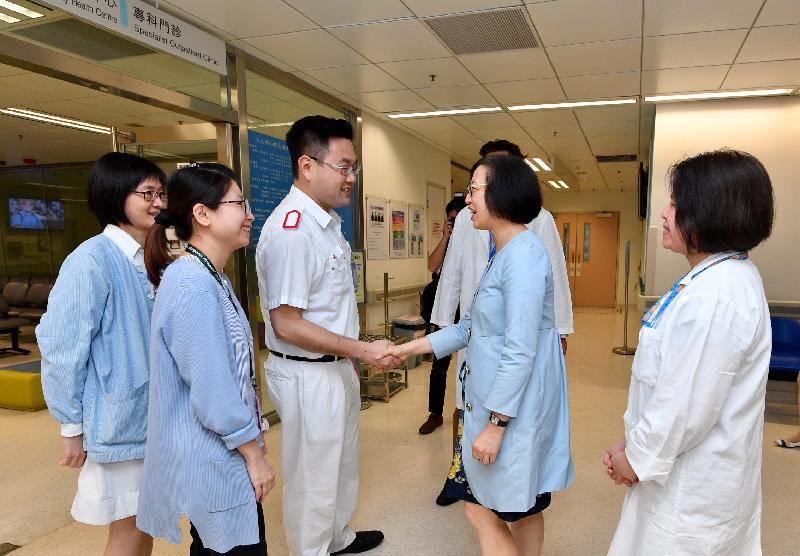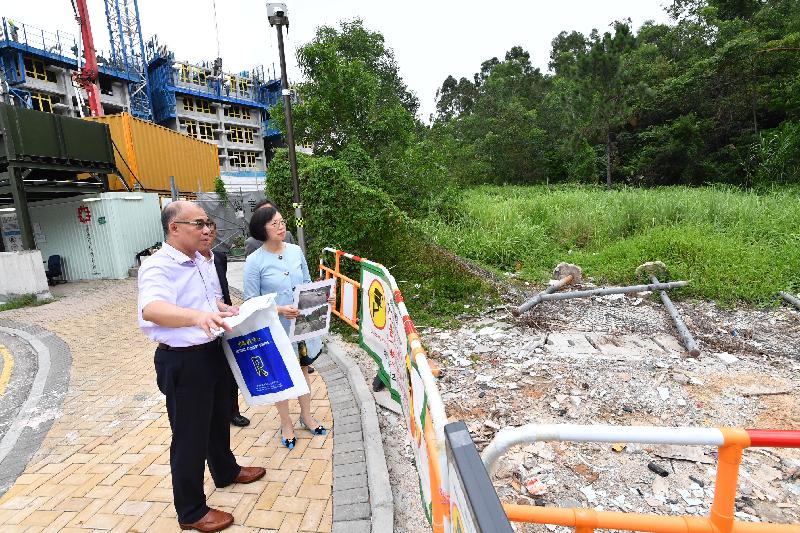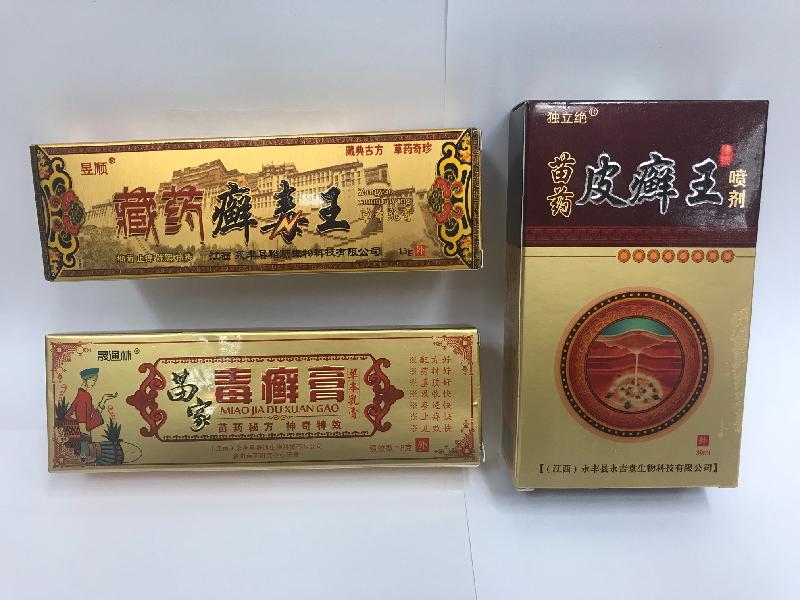Commission on Poverty convenes 30th meeting in its second term
The Chief Secretary for Administration, Mr Matthew Cheung Kin-chung, chaired the 30th meeting of the Commission on Poverty (CoP) in its second term this afternoon (June 21). It was also the last meeting of the current term of CoP.
CoP discussed two initiatives on enhancing retirement protection at the meeting, namely the Life Annuity Scheme (LAS) and the abolition of the Mandatory Provident Fund (MPF) "offsetting" arrangement. After considering the opinions received during the public engagement exercise on retirement protection completed by CoP in mid-2016, the Government formulated a series of measures to strengthen the retirement protection system. The two initiatives discussed by CoP were introduced with a view to supporting elderly persons in investment management and enhancing the MPF pillar.
At the meeting, the HKMC Annuity Limited (HKMCA) briefed members on the publicity education and implementation arrangements of LAS. Members noted that HKMCA would announce the subscription details in July this year. HKMCA has launched publicity and public education programmes on LAS since March this year and the market response has been largely positive. Members expressed views on various aspects of LAS, including the subscription procedure, expected investment return, subscription amount, publicity channels, etc. Members hoped that HKMCA could consider enhancing the arrangements of LAS subject to the response after its implementation.
Members were also briefed by the Secretary for Labour and Welfare, Dr Law Chi-kwong, on the preliminary thinking of abolition of MPF "offsetting" arrangement. Since the announcement of the preliminary thinking, various sectors of the community have expressed diverse views on the abolition of MPF “offsetting” arrangement. They are particularly concerned about the impact of the arrangement on micro, small and medium enterprises. The Government would listen carefully to the suggestions of various sectors and consider options to enhance the abolition of MPF “offsetting” arrangement, including considering increasing the Government’s financial commitment, and lobbying for public support, with a view to gauging support from various sectors in the community in order to finalise the relevant arrangement as soon as possible. Members shared their views on the preliminary thinking and agreed that the abolition of MPF “offsetting” arrangement should be implemented expeditiously to complement other relevant measures in reinforcing the multi-pillar retirement protection system in Hong Kong.
In addition, CoP endorsed the launch of a new assistance programme and the extension of five existing assistance programmes of the Community Care Fund (CCF). CoP also approved the introduction of new drugs or medical devices and revision of provision for three Medical Assistance Programmes. Details are as follows:
New assistance programme
(1) CoP agreed to launch the Subsidy to Purchase and Construct Modular Housing as a pilot scheme to facilitate the Hong Kong Council of Social Service (HKCSS) to implement their Modular Social Housing Scheme – Nam Cheong Street. Under the pilot scheme, the HKCSS will purchase and build modular housing in order to provide transitional community housing. The two-year pilot scheme with an overall provision of $35.74 million is expected to benefit about 90 households.
Extension of existing assistance programmes
(2) CoP endorsed the implementation of the Pilot Scheme on Living Allowance for Carers of Elderly Persons from Low Income Families Phase III and the Pilot Scheme on Living Allowance for Low-income Carers of Persons with Disabilities Phase II to provide carers of elderly persons/persons with disabilities from low income families with a living allowance to help supplement their living expenses. The two pilot schemes will last for two years from October 2018 to September 2020. The new phases of the pilot schemes will be largely run under the existing operation mode with three enhancements: (a) increasing the beneficiary quota for carers of elderly persons and carers of persons with disabilities by 2 000 and 500 respectively; (b) increasing the monthly allowance disbursed to each eligible carer of elderly persons/persons with disabilities from $2,000 to $2,400, and the monthly allowance disbursed to carers who take care of more than one elderly persons/persons with disabilities at the same time from $4,000 to $4,800; (c) increasing the monthly service fees of approved service providers from $500 to $600 for serving each carer of elderly persons/persons with disabilities for the first six months, and from $300 to $360 starting from the seventh month onwards. The revised total provisions for the Pilot Scheme on Living Allowance for Carers of Elderly Persons from Low Income Families and Pilot Scheme on Living Allowance for Low-income Carers of Persons with Disabilities will be revised to $538.24 million and $224.22 million respectively.
(3) CoP endorsed the extension of the programme of Enhancing the Academic Expenses Grant for Students with Special Educational Needs and Financial Needs Pursuing Post-secondary Programmes. The programme aims to provide a special educational needs academic expenses grant for eligible students with financial and special educational needs for three school years until 2020/21. No additional funding is required for the extended programme which is expected to benefit about 750 students.
(4) CoP endorsed the implementation of Phase III of Subsidy for Owners' Corporations (OCs) of Old Buildings programme for three years from October 1, 2018 to September 30, 2021. Under the programme, each eligible OC will be granted subsidy on an accountable basis in respect of the designated items with a view to improving the overall building management. The Phase III programme will adopt the existing subsidy system with two enhancements, namely (a) raising the average rateable value limits of the residential units of buildings of eligible OCs from $120,000 to $162,000 for urban area buildings (including Sha Tin, Kwai Tsing and Tsuen Wan); and from $92,000 to $124,400 for New Territories buildings; and (b) raising the maximum total amount of subsidy for each OC from $20,000 to $24,000. The Phase III programme requires no additional funding and is expected to benefit approximately an additional 2 500 OCs.
(5) CoP endorsed the continuation of Elderly Dental Assistance Programme to provide free removable dentures and other related dental services to eligible low-income elderly persons until February 28, 2019. The extension of the programme requires no additional funding and would benefit about 1 400 cases per month on average. CoP also agreed to reserve $20,000 for the next audit of the programme;
Introduction of new drugs or medical devices to Medical Assistance Programmes
(6) CoP approved the addition of two specific self-financed cancer drugs (Nivolumab and Obinutuzumab) to the First Phase Programme of the Medical Assistance Programme from August 2018 onwards. This will increase the number of self-financed cancer drugs to 18 under the First Phase Programme for treating 14 cancer diseases. CoP also noted that the Hospital Authority (HA) had revised the designated clinical indication of Pertuzumab and relaxed the designated clinical indication of Bevacizumab under the programme. The above introduction of new drugs and revision or relaxation of clinical indications require no additional funding. It is estimated that the addition of the two drugs will benefit about 25 patients in the first 12 months upon implementation.
(7) CoP endorsed the inclusion of Nusinersen, a drug for treating Spinal Muscular Atrophy, under the programme of Subsidy for Eligible Patients to Purchase Ultra-expensive Drugs (Including Those for Treating Uncommon Disorders). The programme requires no additional funding. Needy patients with clinical needs can apply for drug subsidy through this programme. HA expects that about 24 patients can benefit from the programme in the first 12 months upon implementation; and
(8) CoP endorsed the addition of Subcutaneous Implantable Defibrillator and Percutaneous Pulmonary Valve Implantation under the programme of Subsidy for Eligible Patients of Hospital Authority to Purchase Specified Implantable Medical Devices for Interventional Procedures from August 2018 onwards. The two medical devices are beneficial to patients with Ventricular Arrhythmias and Right Ventricular Outflow Tract Regurgitant and/or Stenosis respectively. With an approved revised provision of $27.015 million for the period from August 1, 2017 to March 31, 2019, the two additional medical devices is expected to benefit about 15 patients in the first 12 months upon implementation.
At the meeting, CoP also noted the implementation progress of various assistance programmes and the financial position of CCF, as well as the report of the four public consultation sessions held by CCF from March to May this year.
The current term of CoP will expire on 30 June this year. Mr Cheung expressed sincerest gratitude to all members for their active participation in poverty alleviation work and invaluable advice to the Government during their tenure. The Government is drawing up the membership of the next term of CoP which will be announced later this month.
